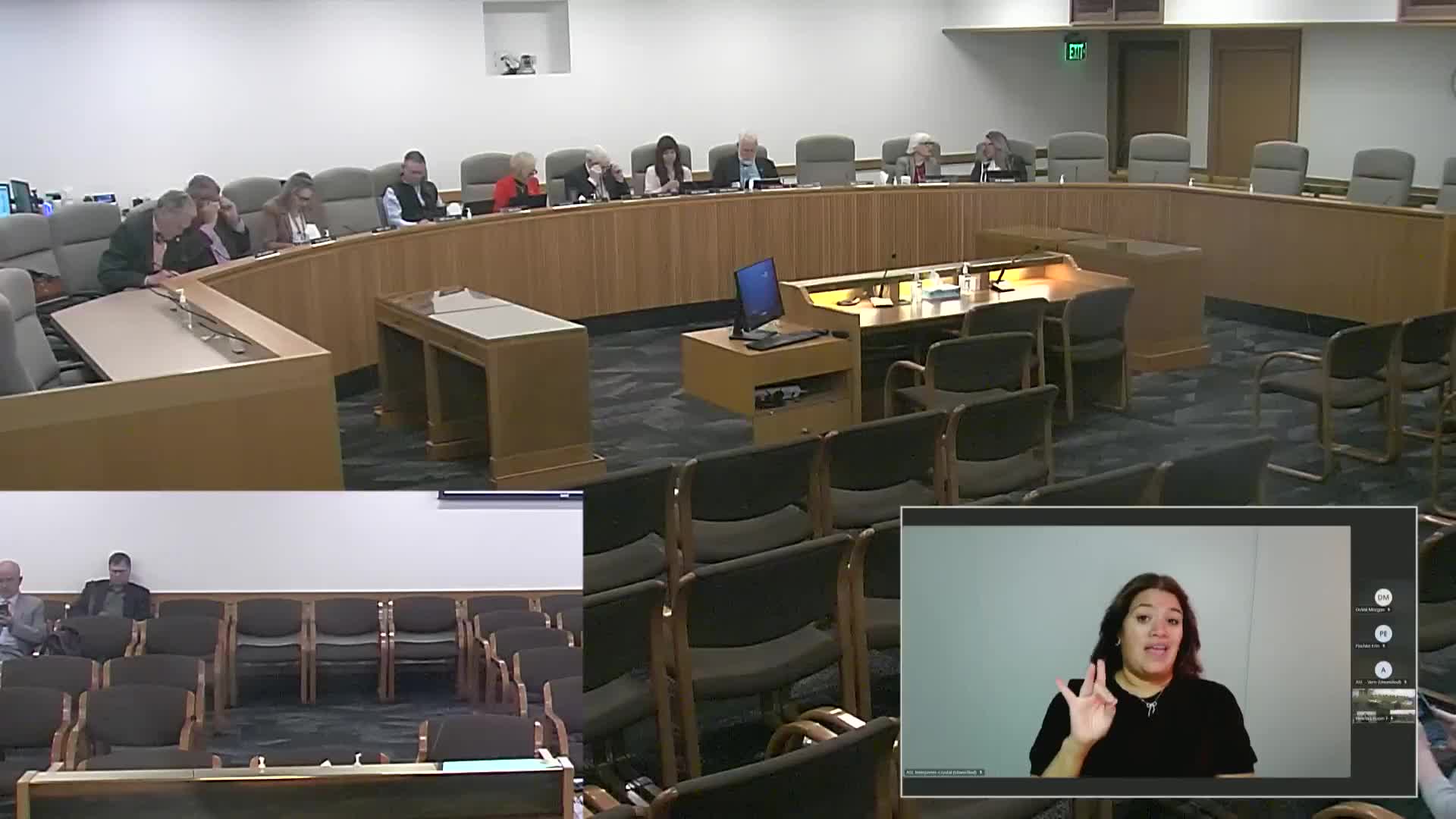Article not found
This article is no longer available. But don't worry—we've gathered other articles that discuss the same topic.
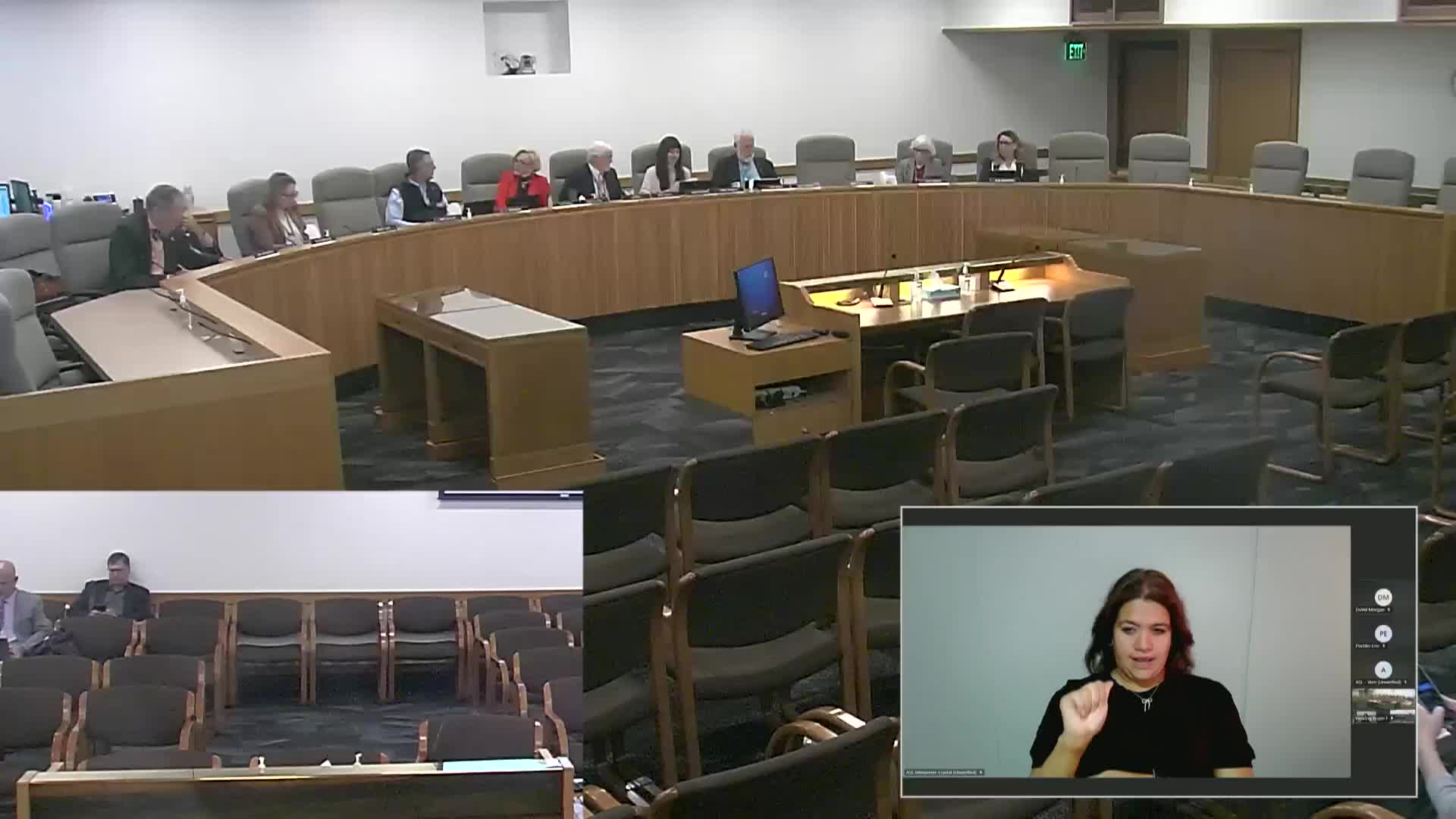
Committee approves amendment and advances SB 139 A to floor to allow consolidated sharps-and-pharmaceuticals containers for treatment
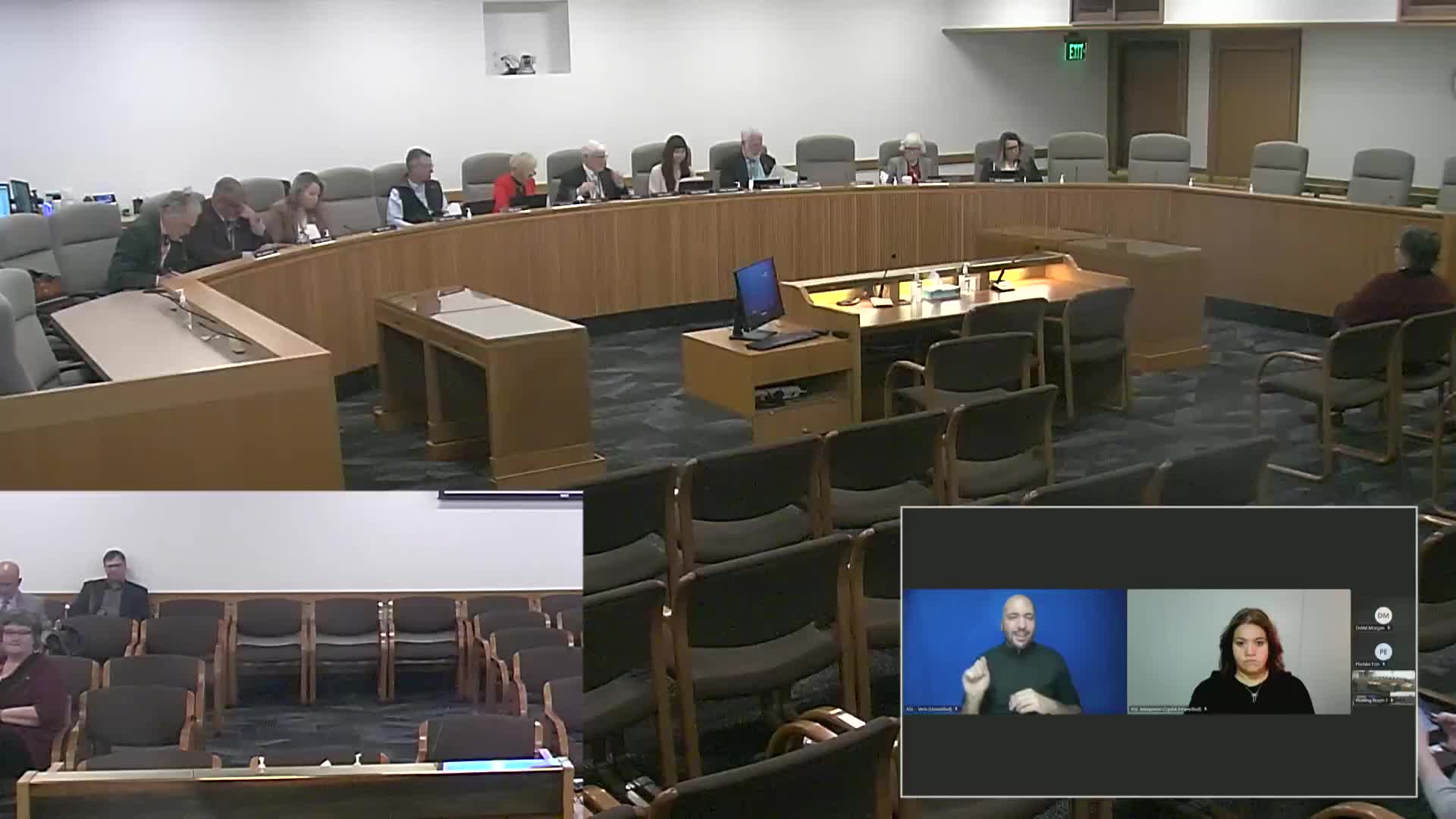
Committee adopts A4 amendment and advances SB 551 A to floor, narrowing scope to single-use plastic bags
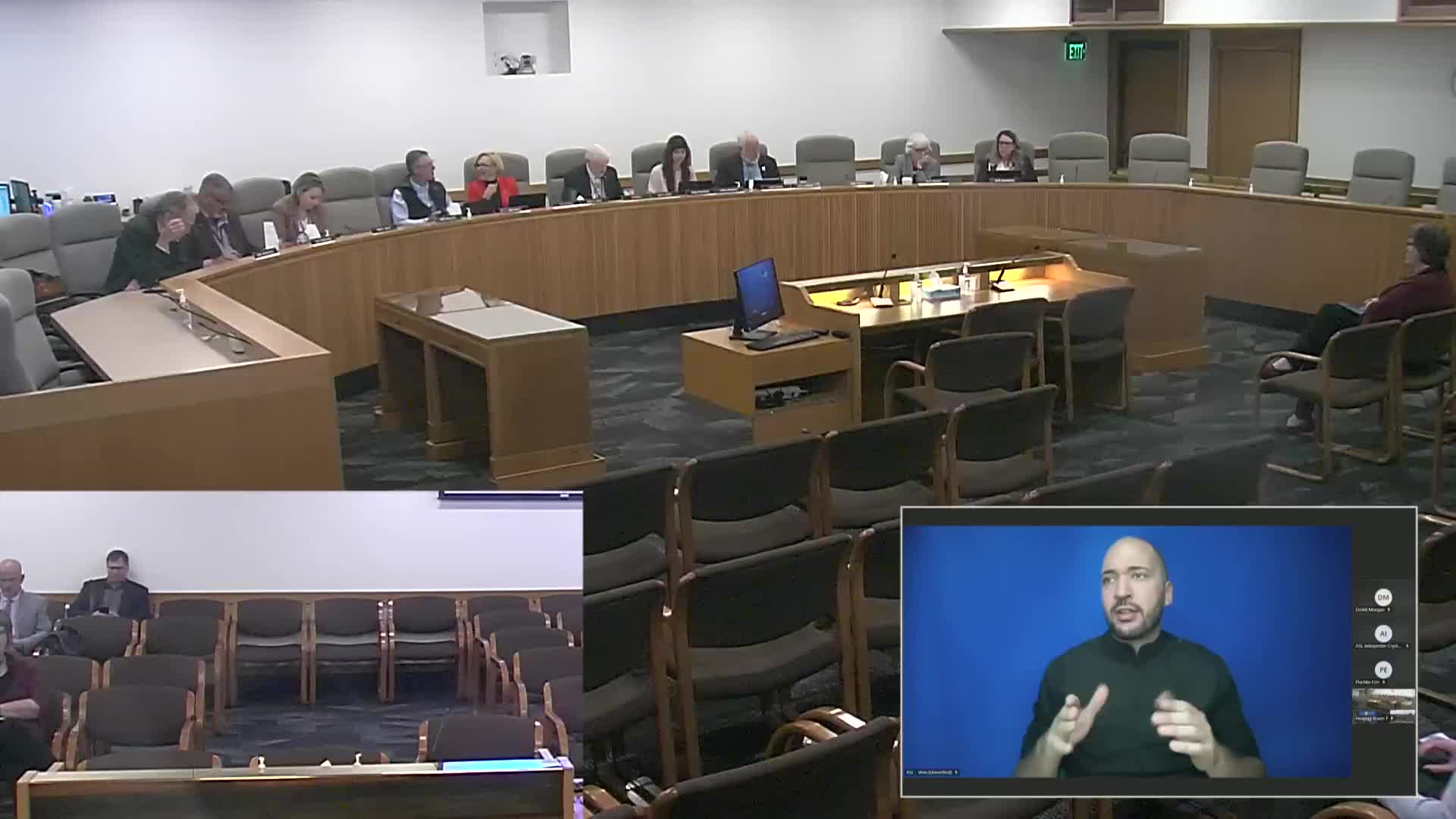
Committee advances SB 992 to floor with due-pass recommendation amid concerns over access for low-income recyclers
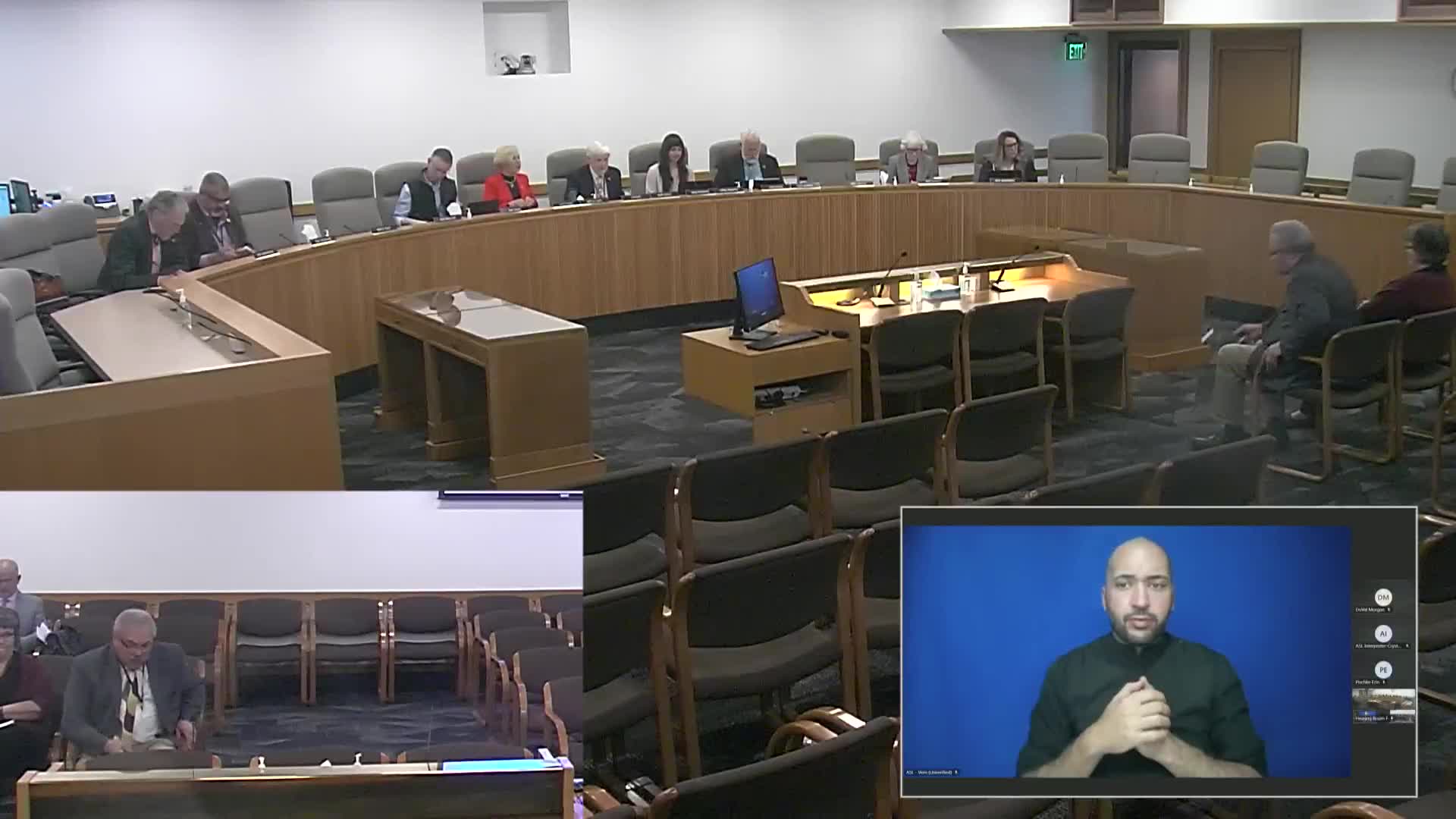
Sen. Lou Frederick urges clarity on nuclear waste storage costs in hearing on SB 577
